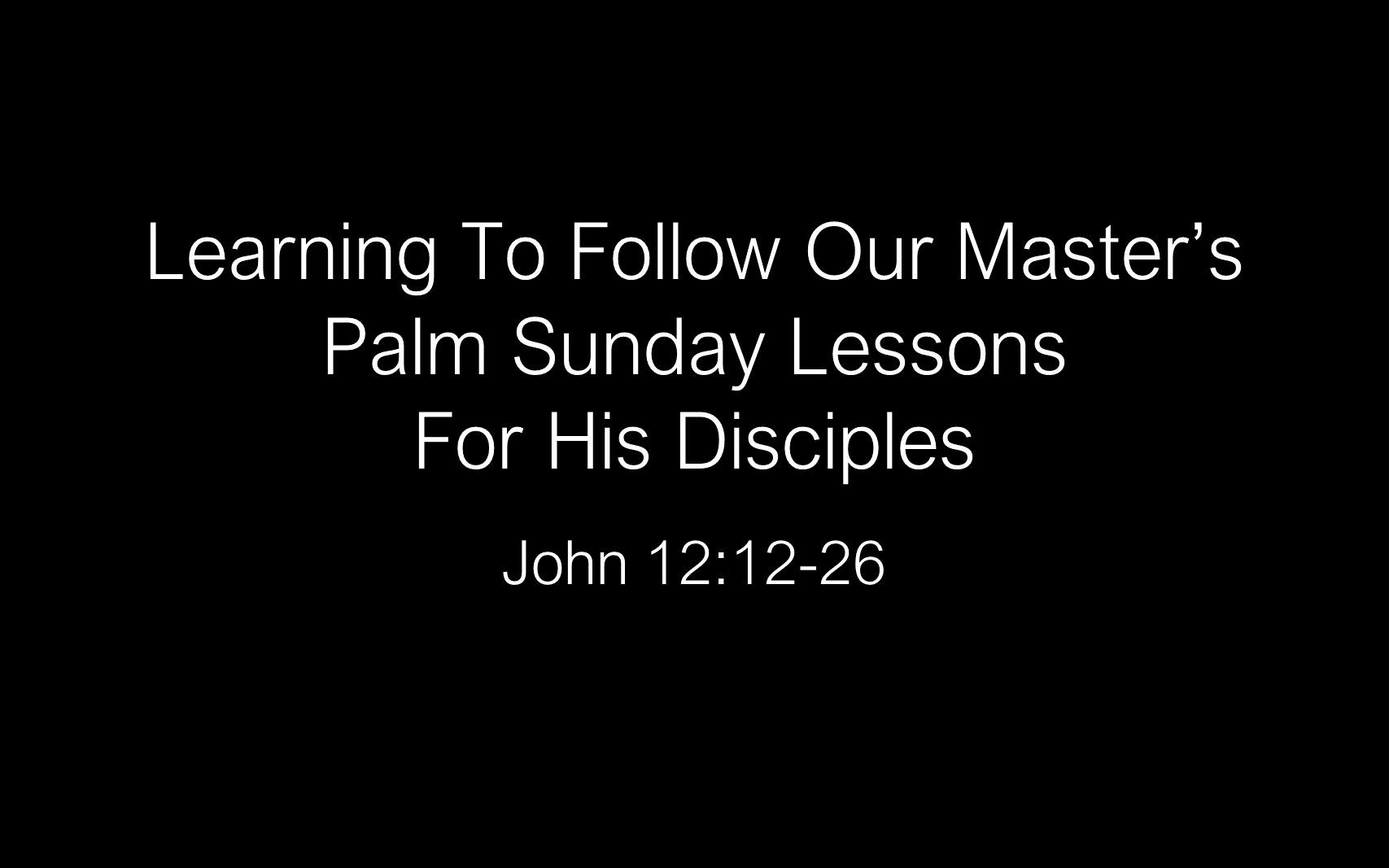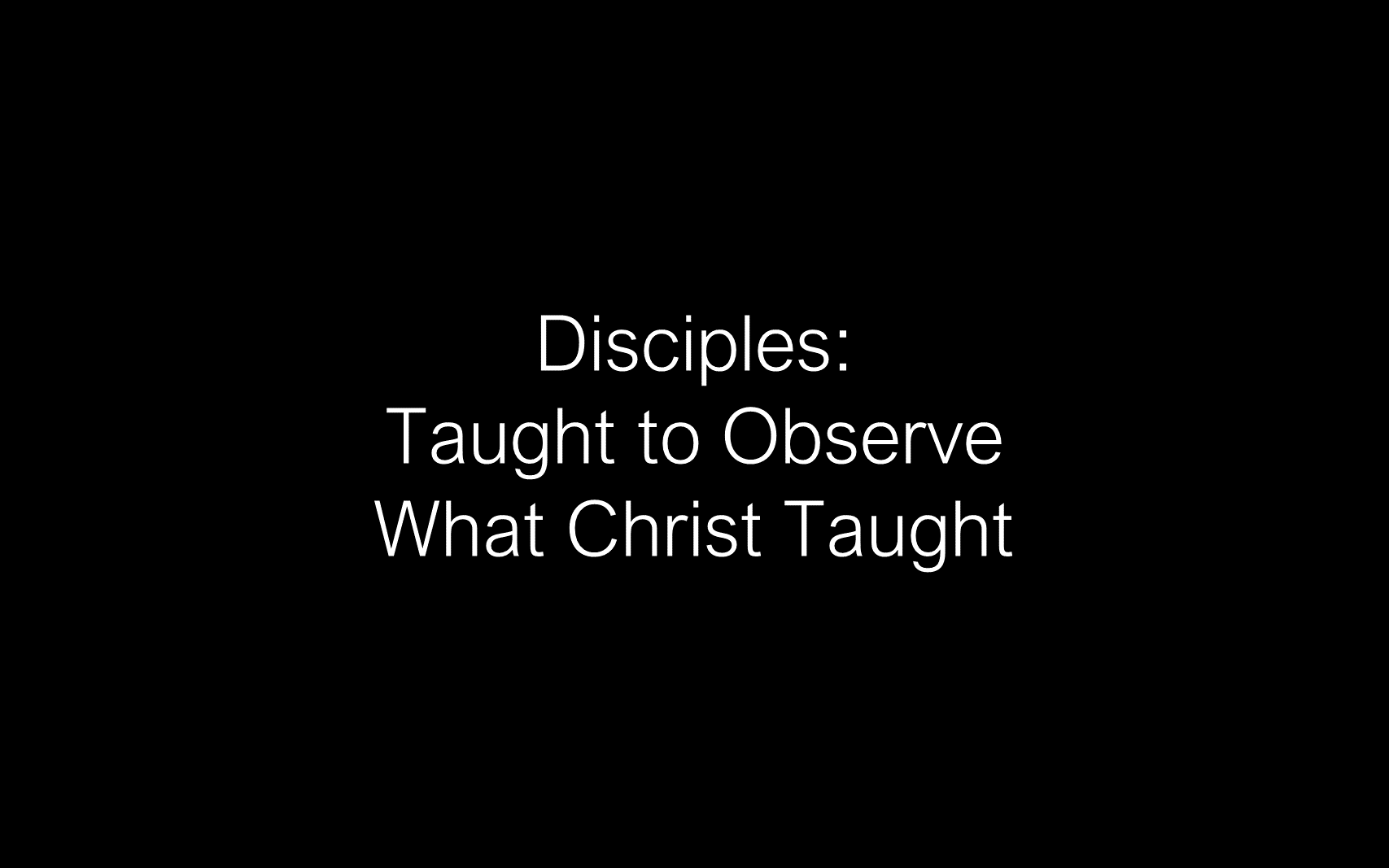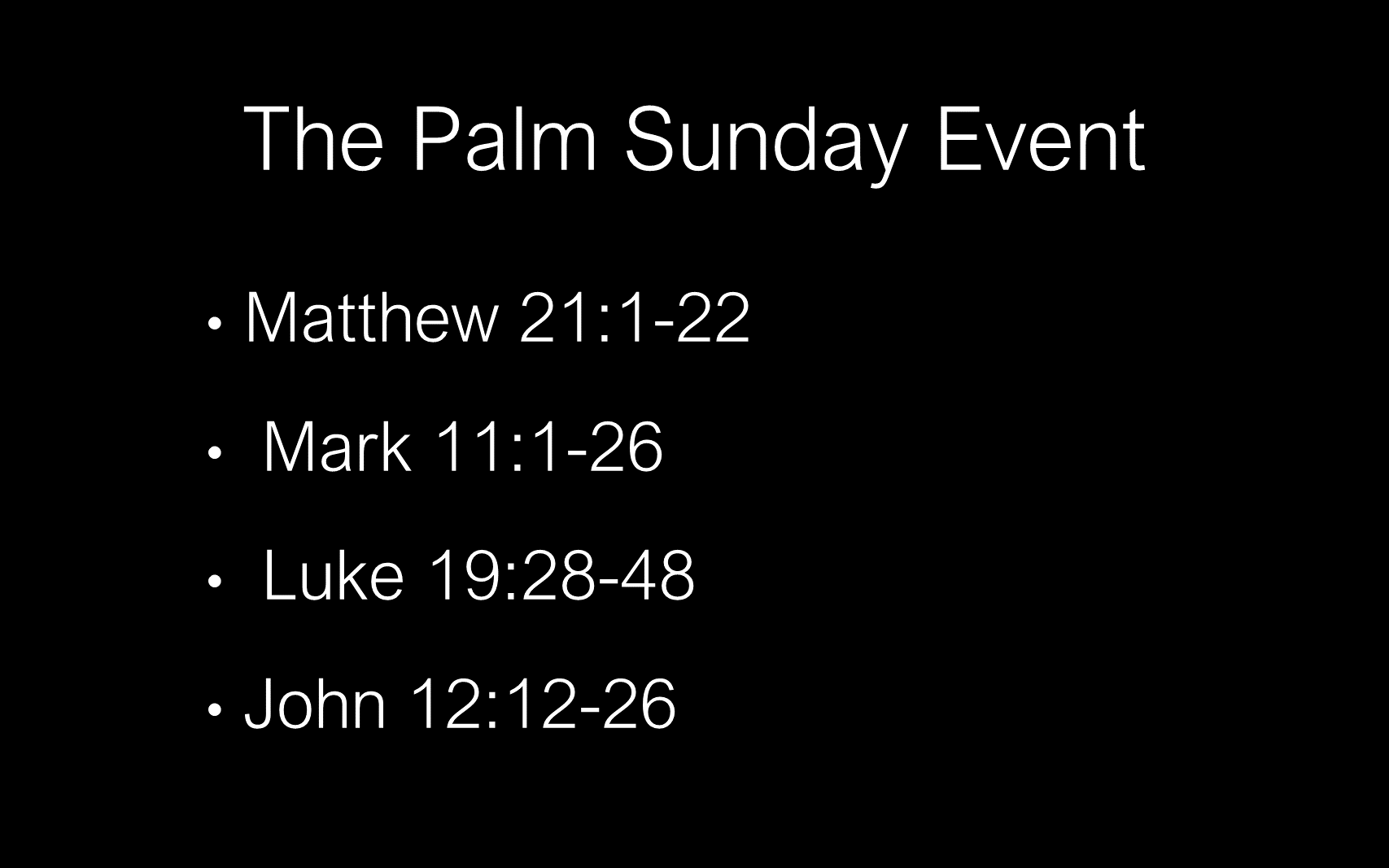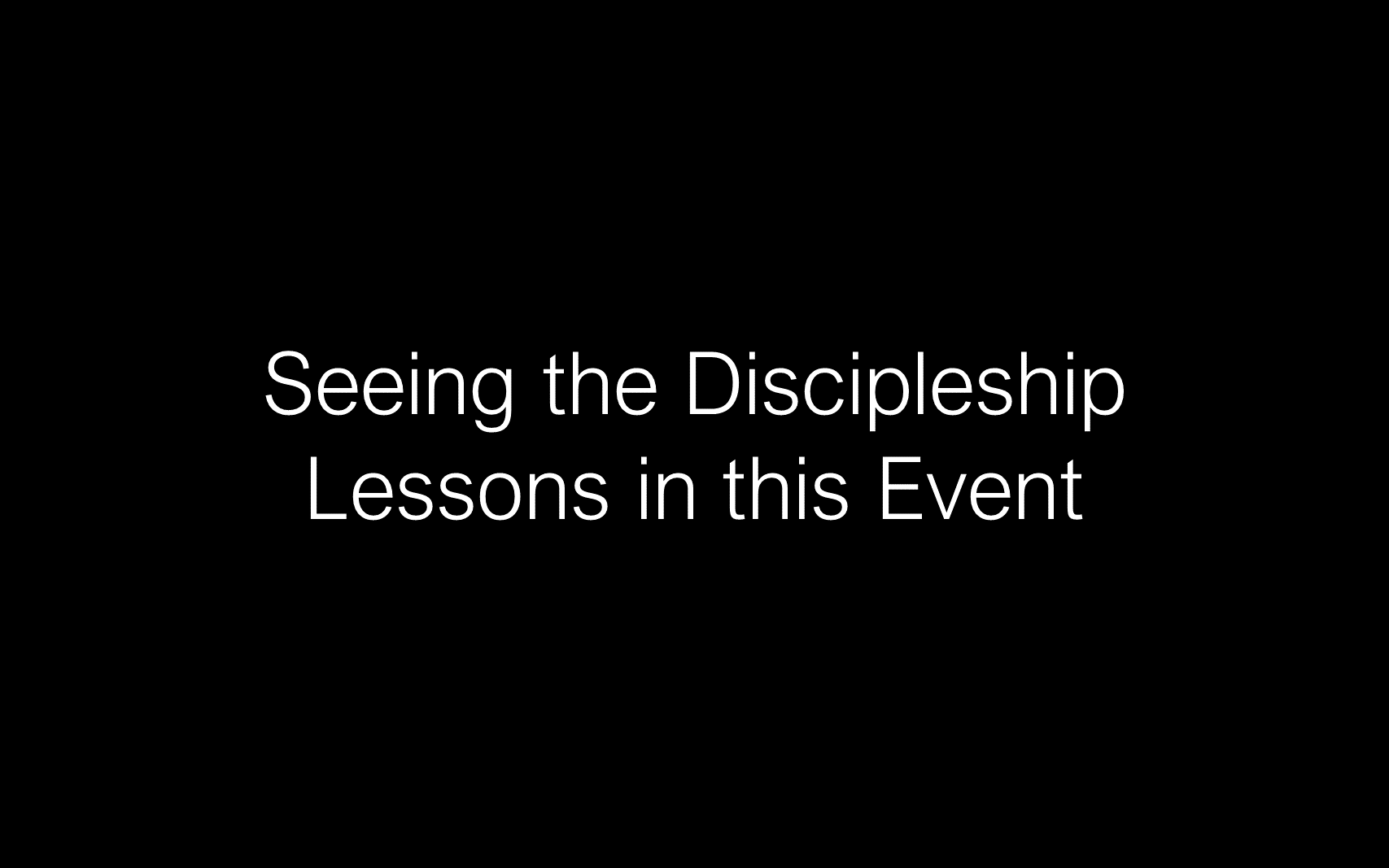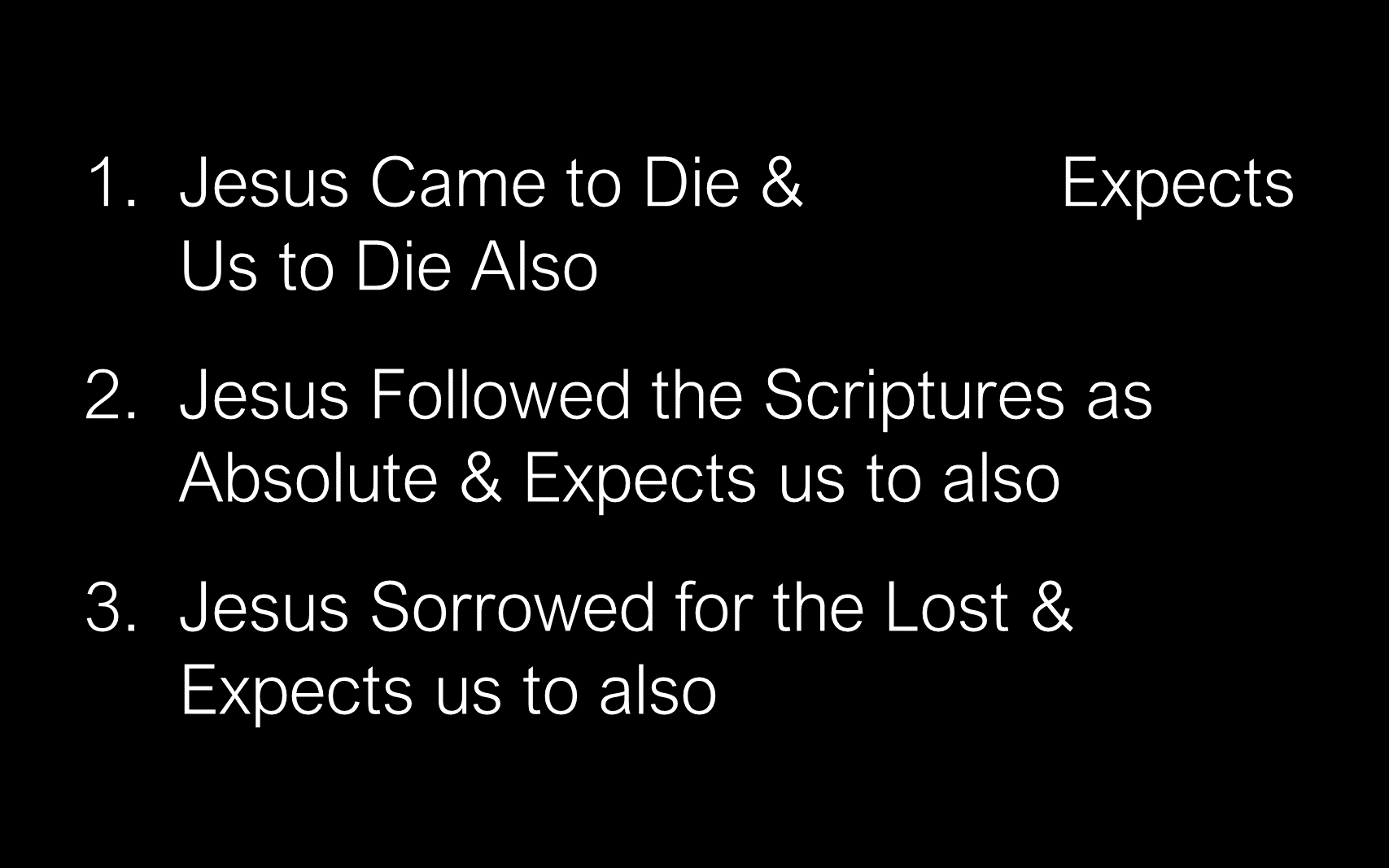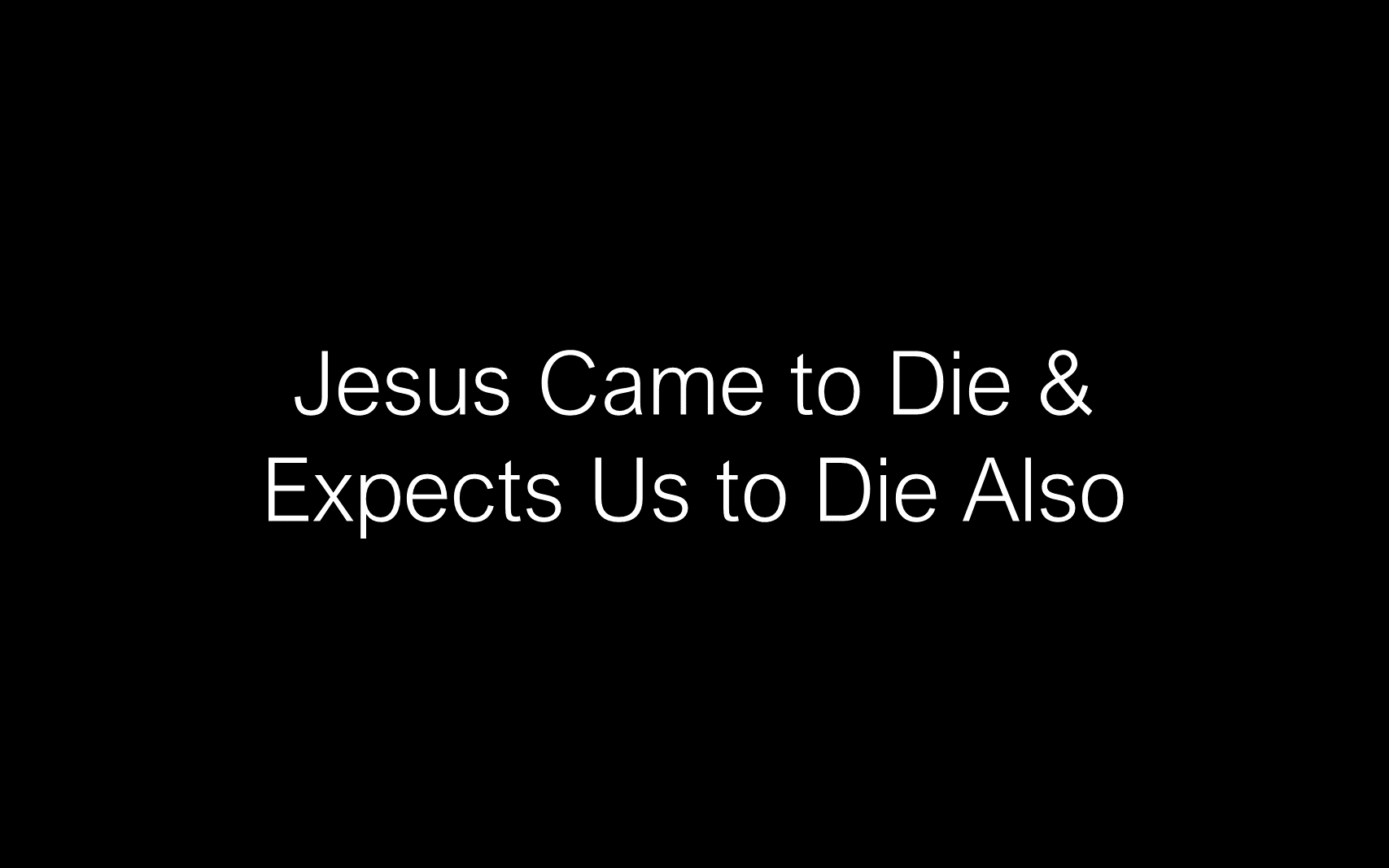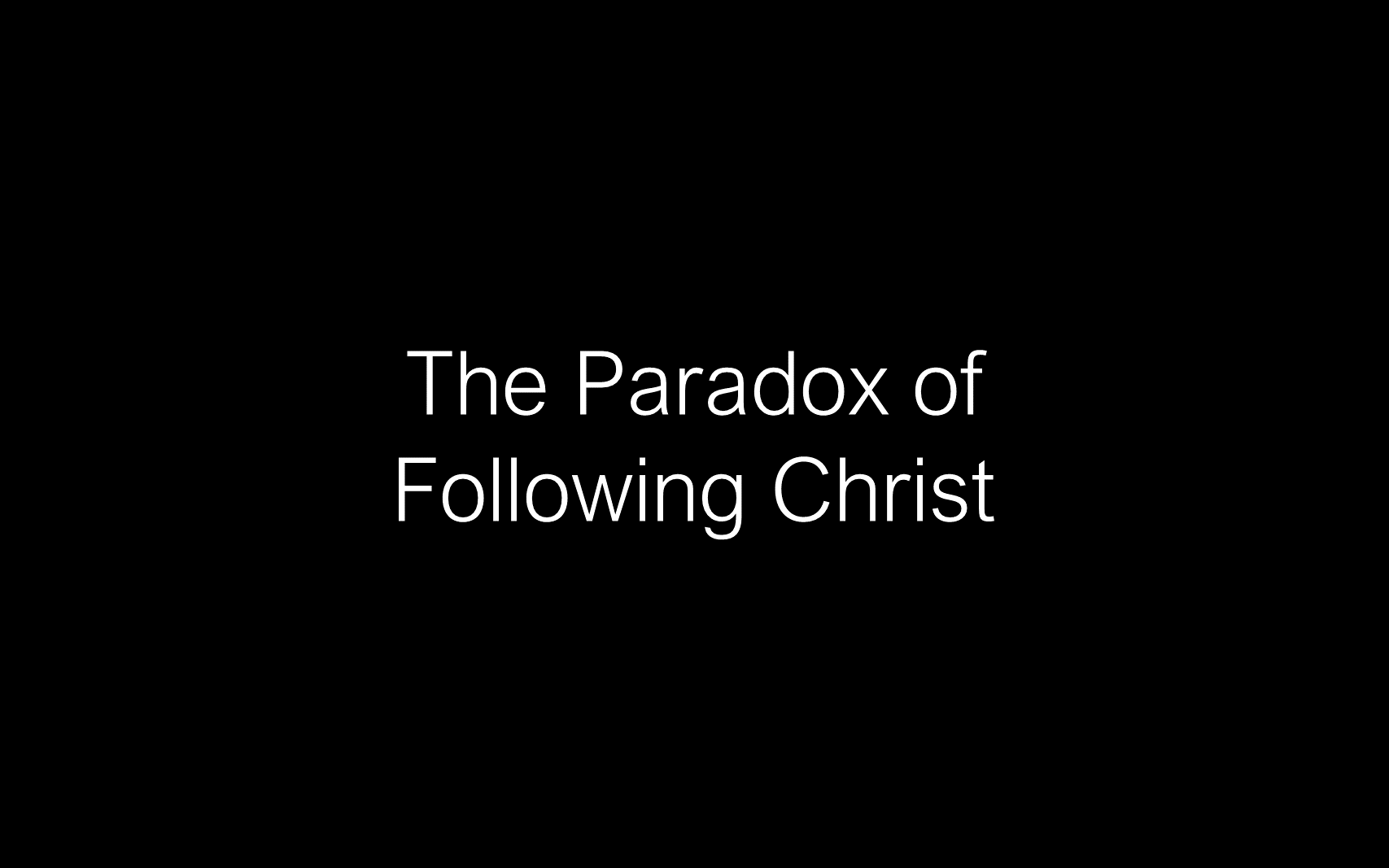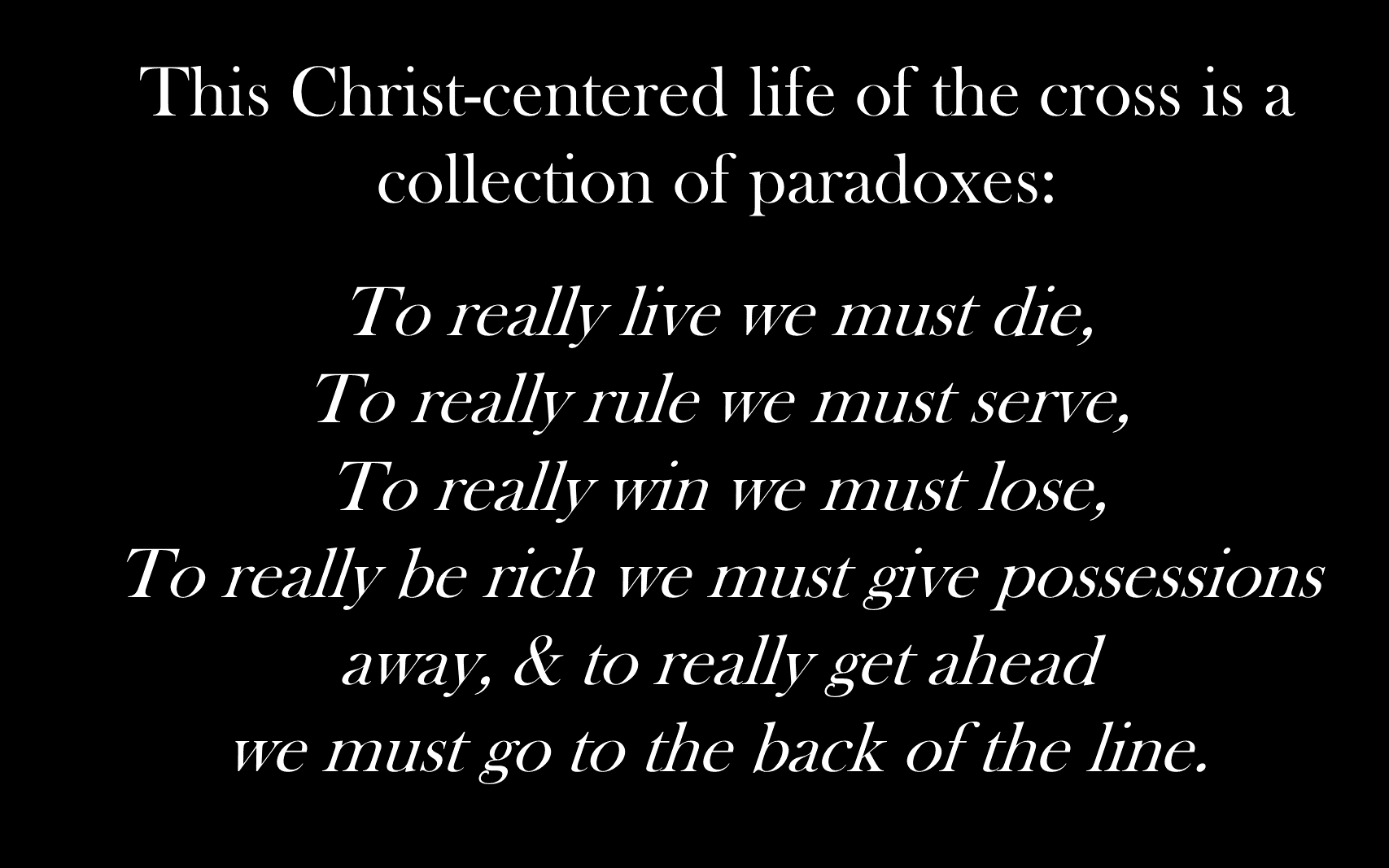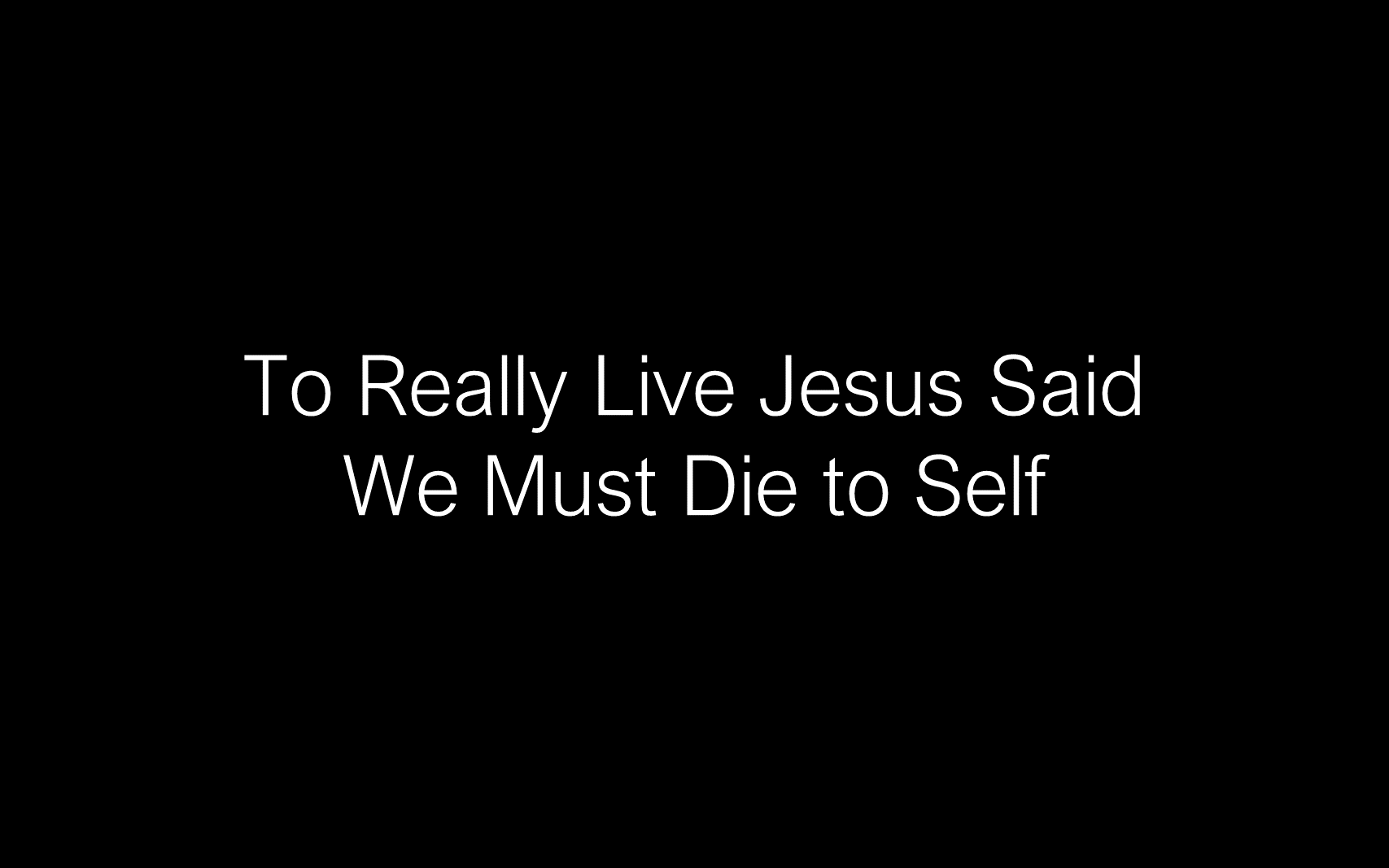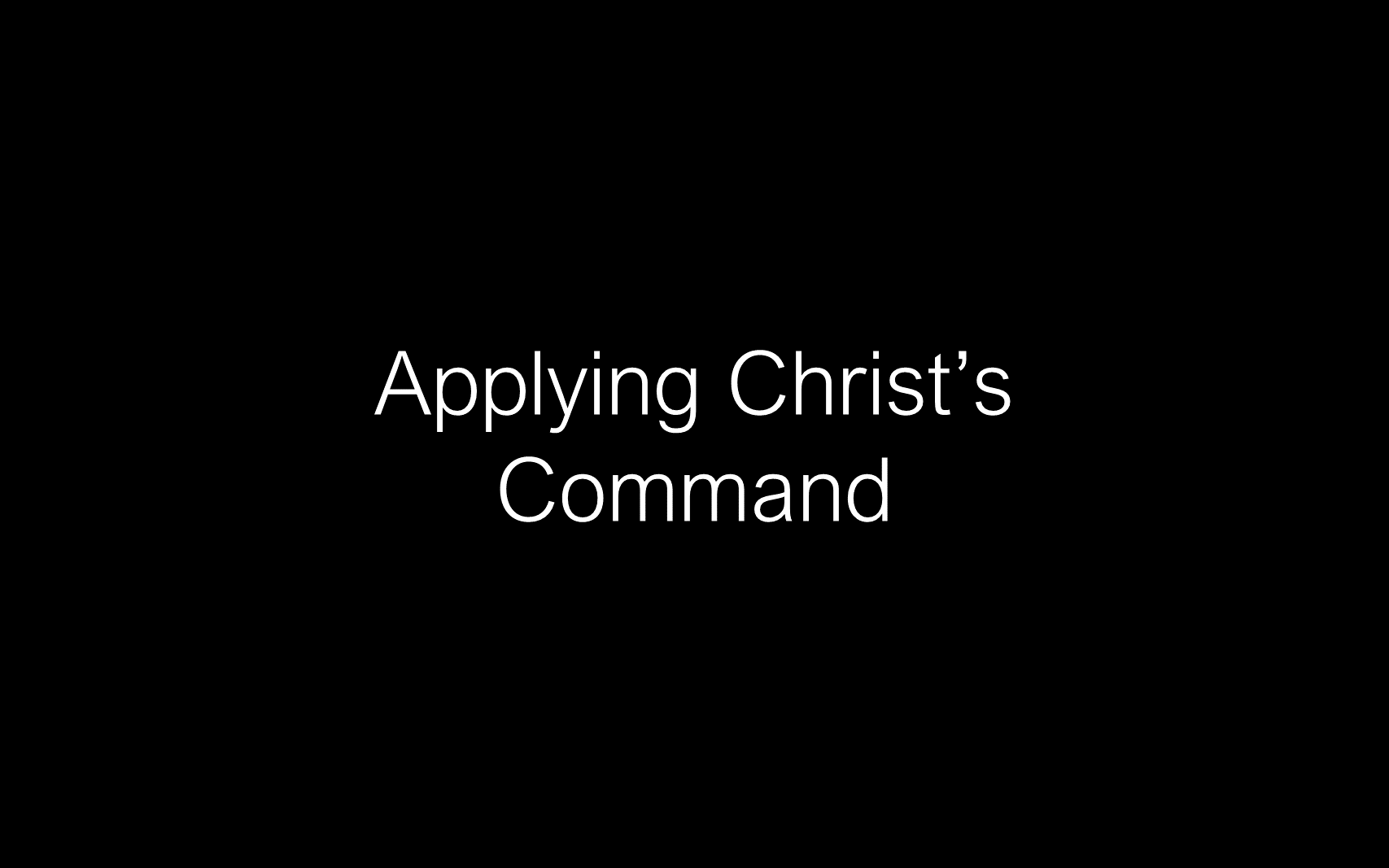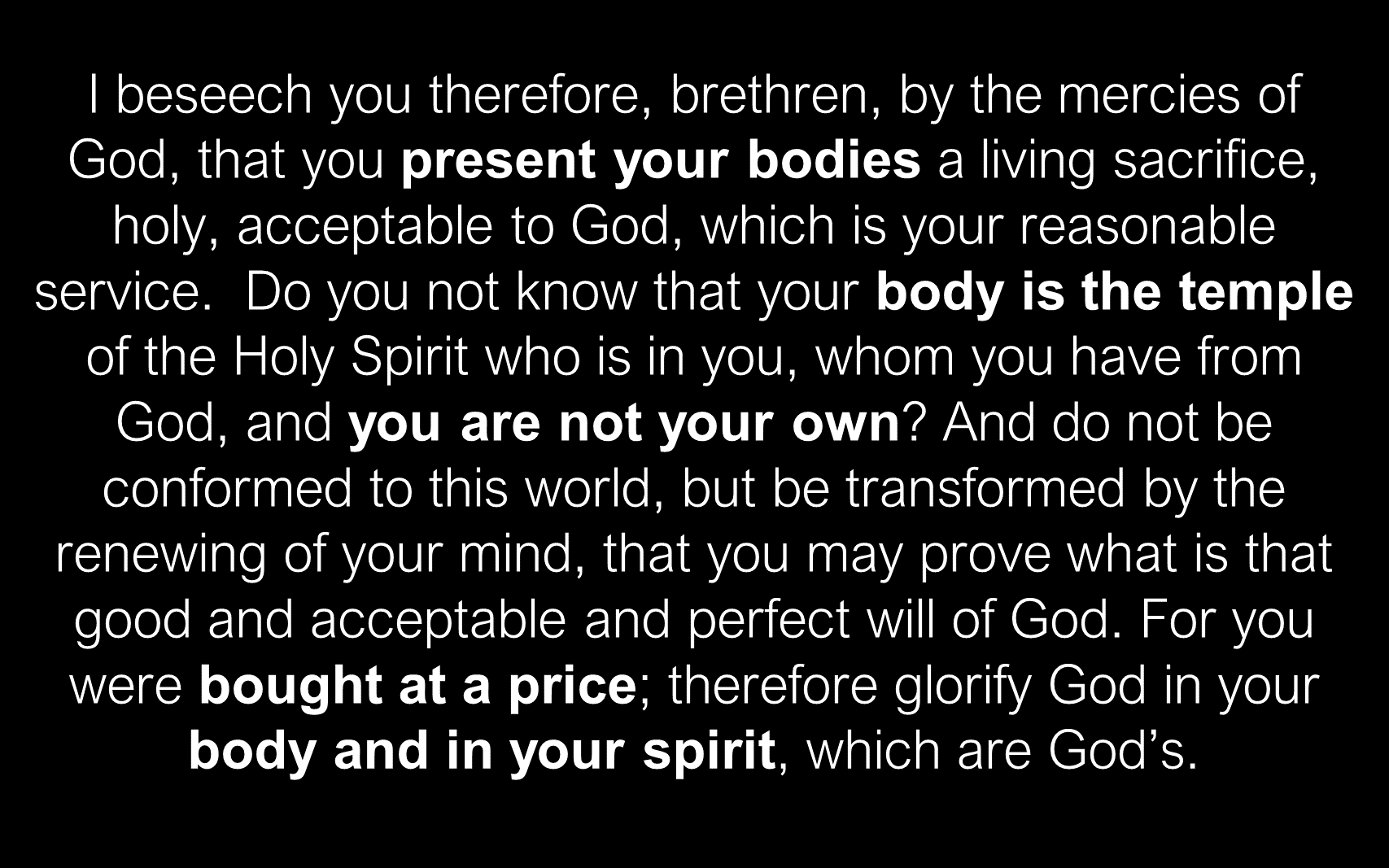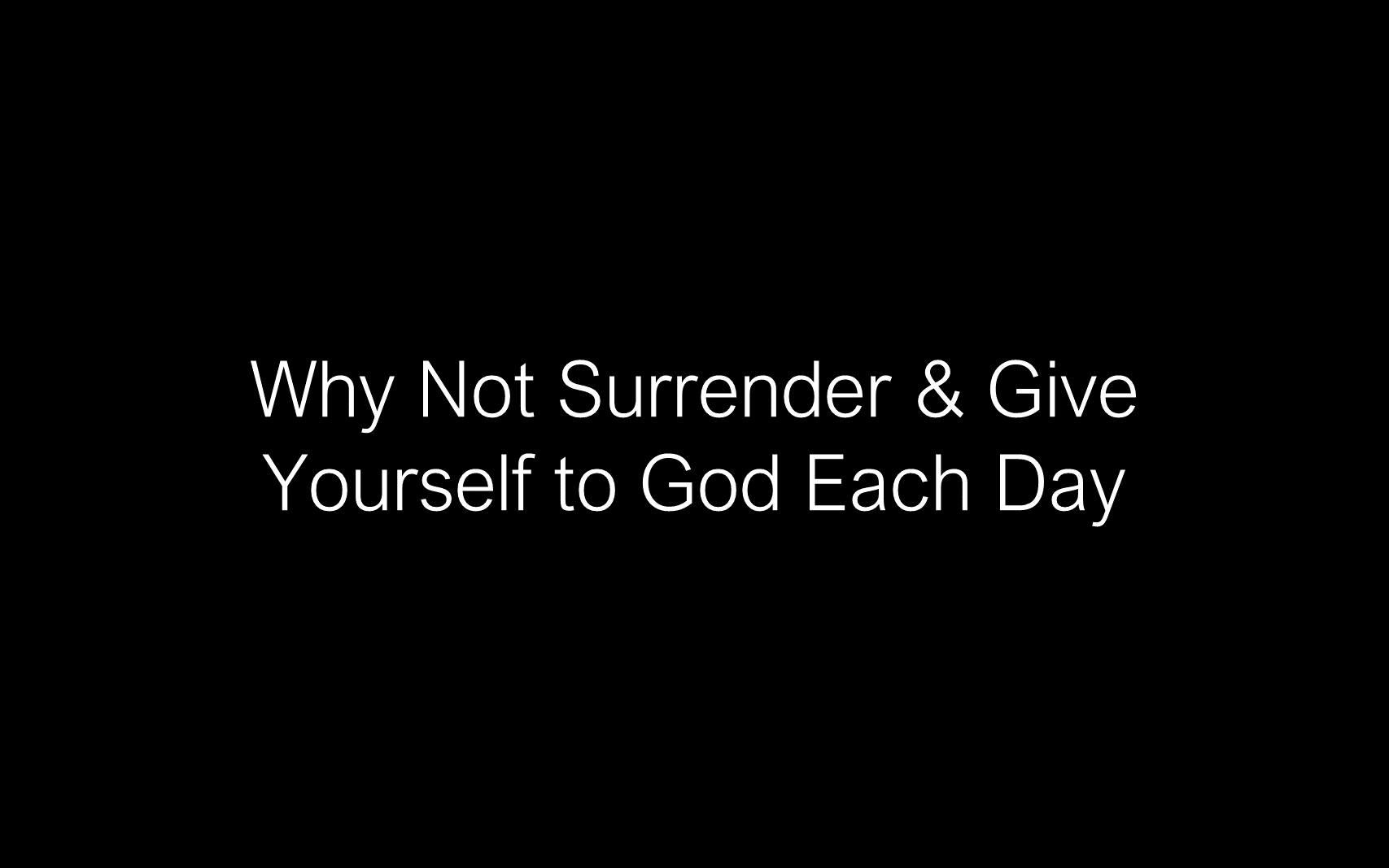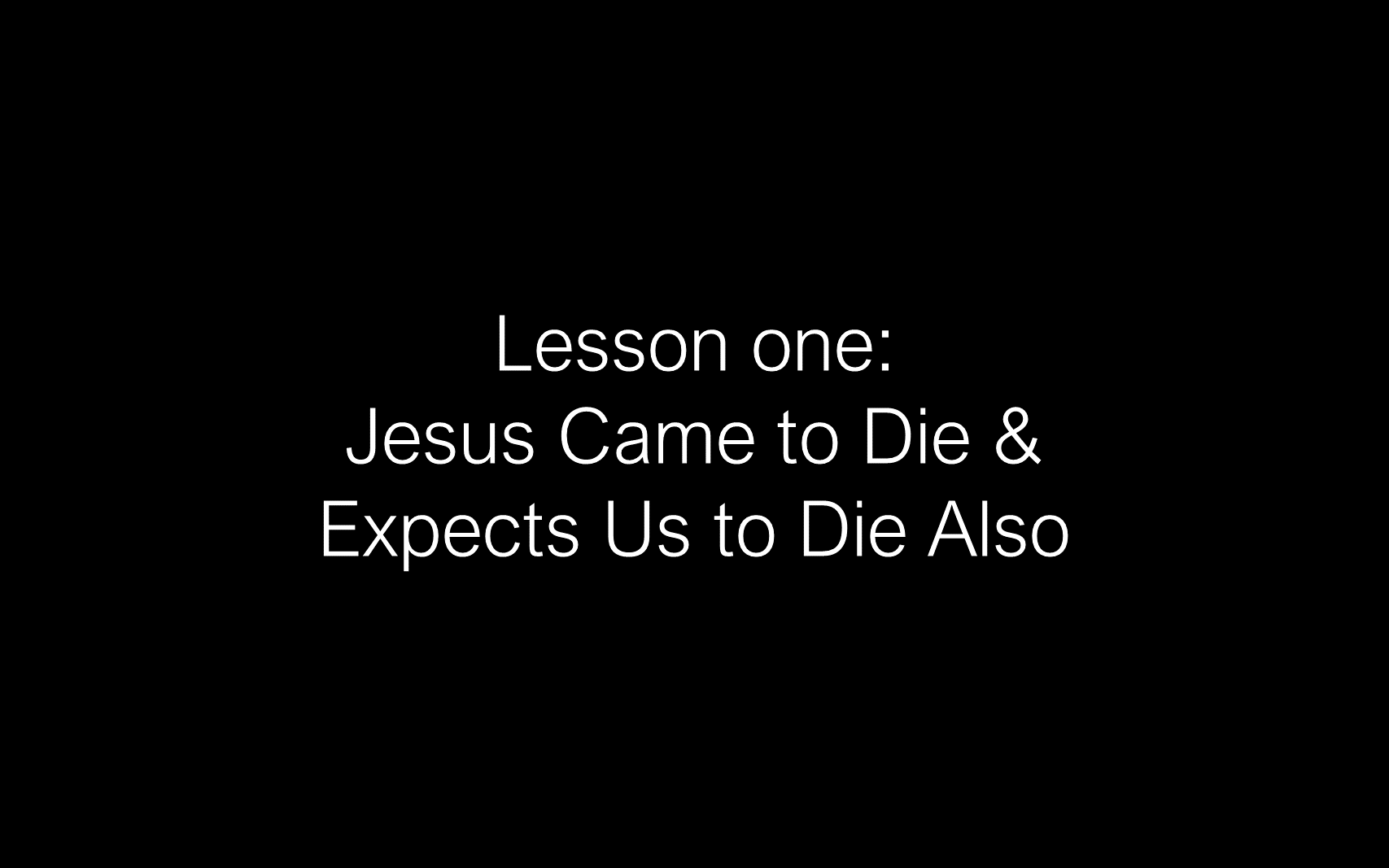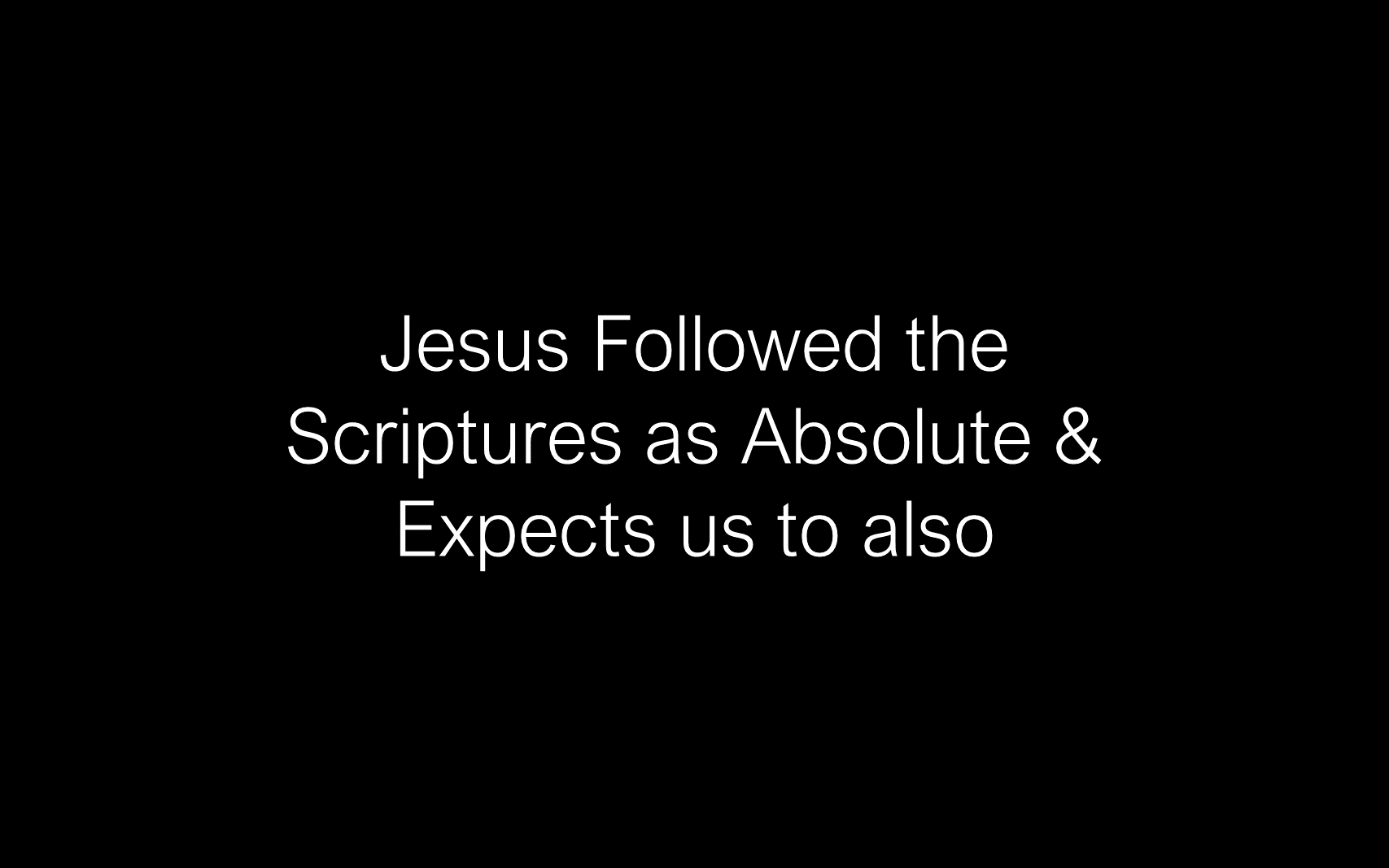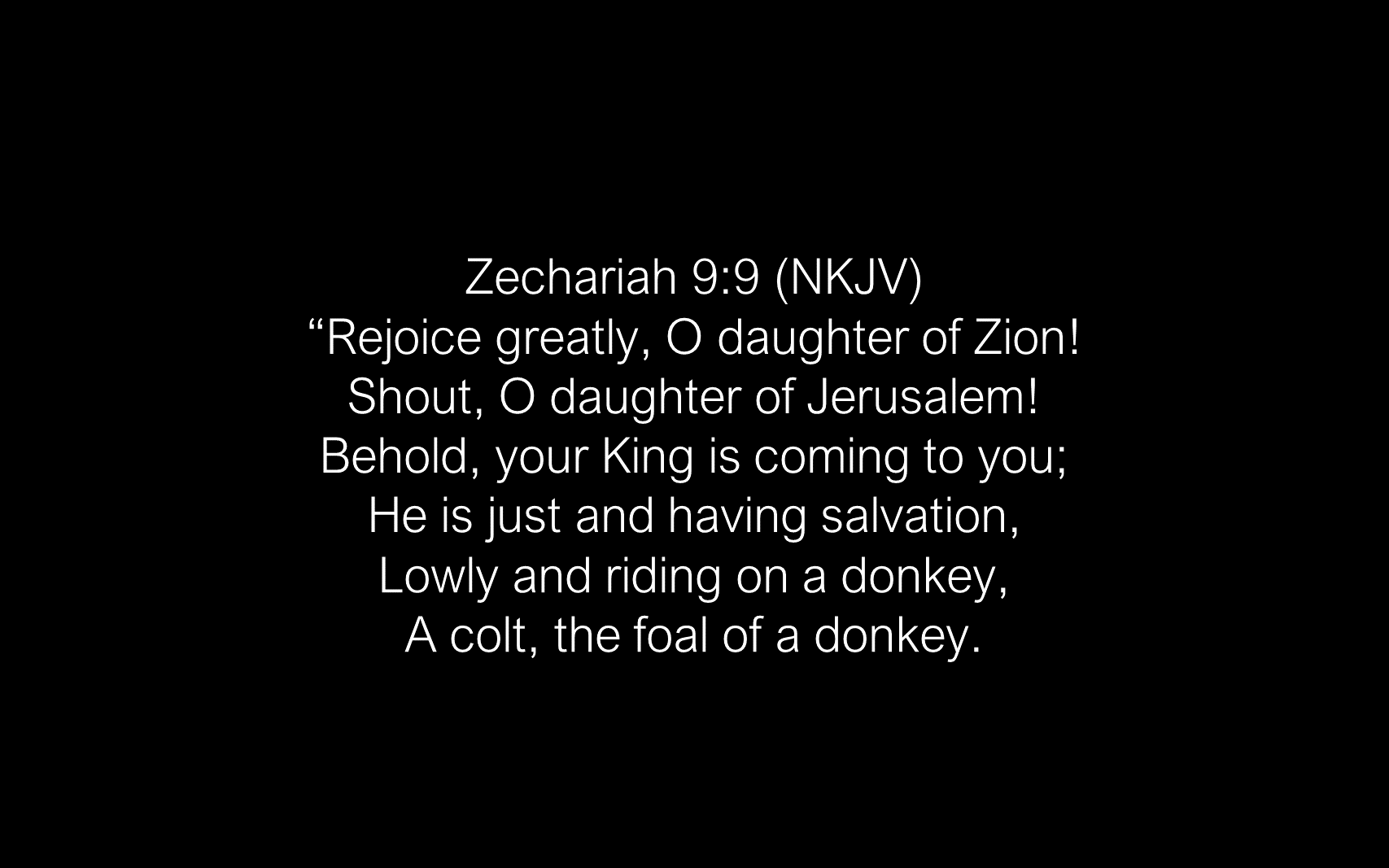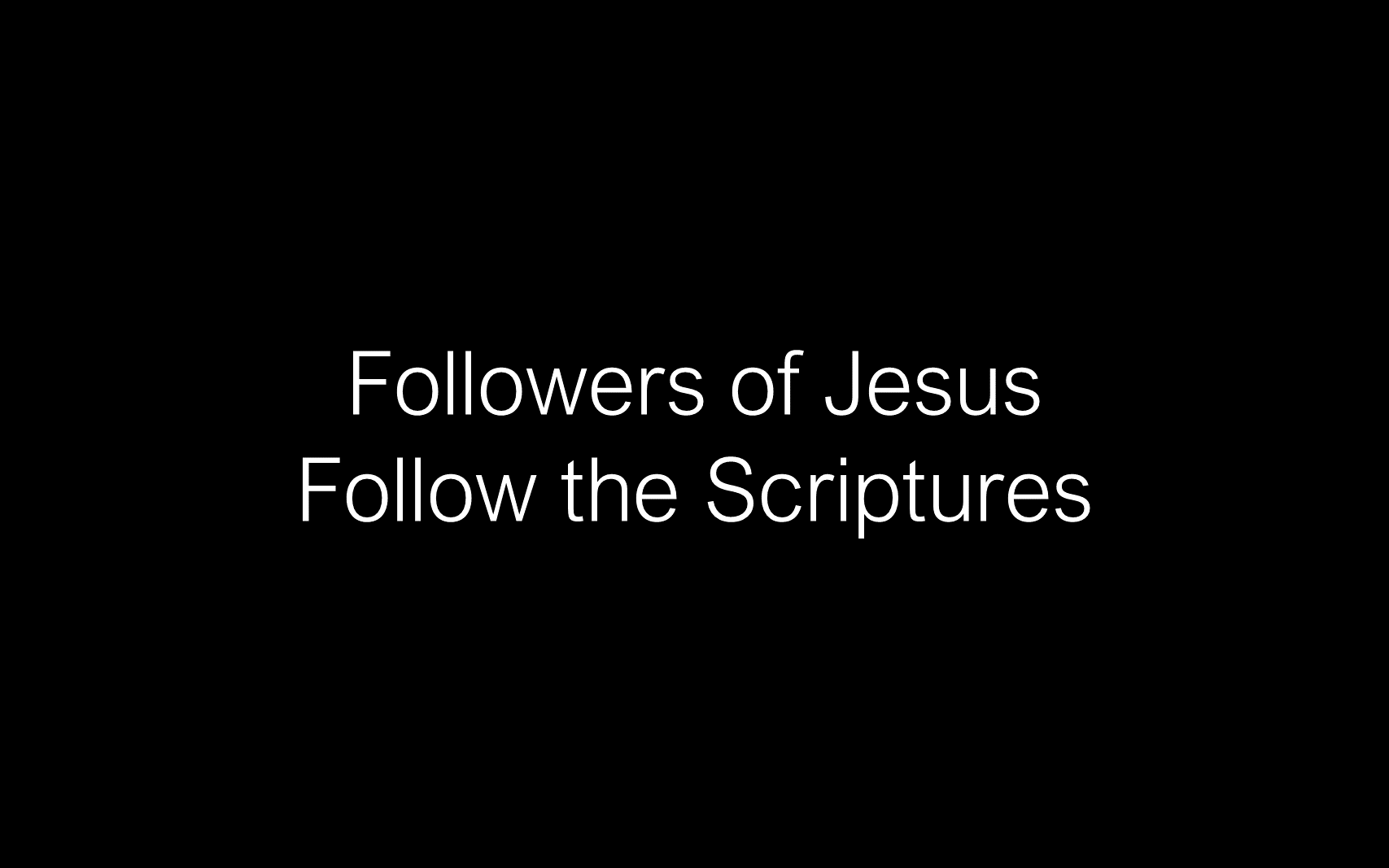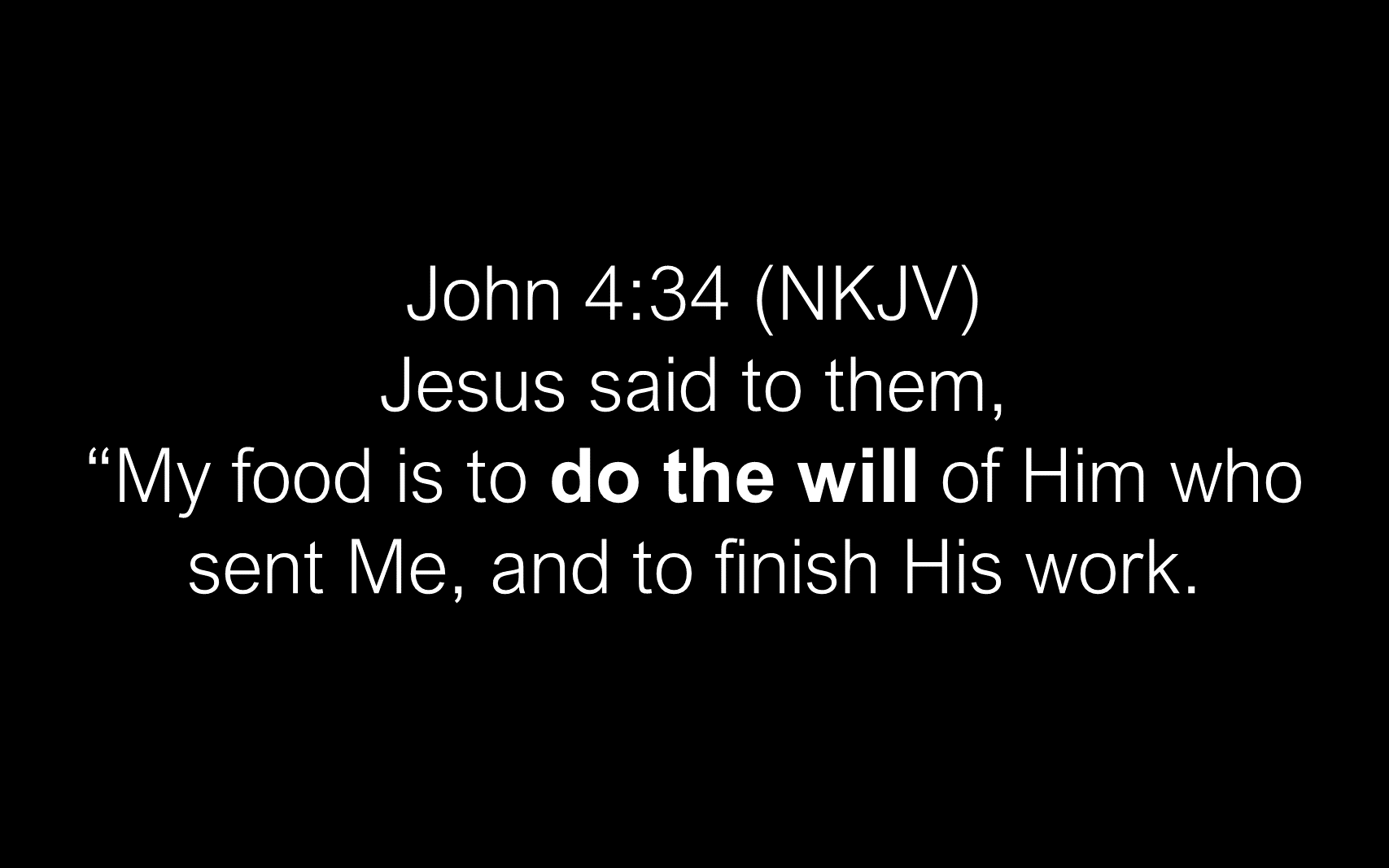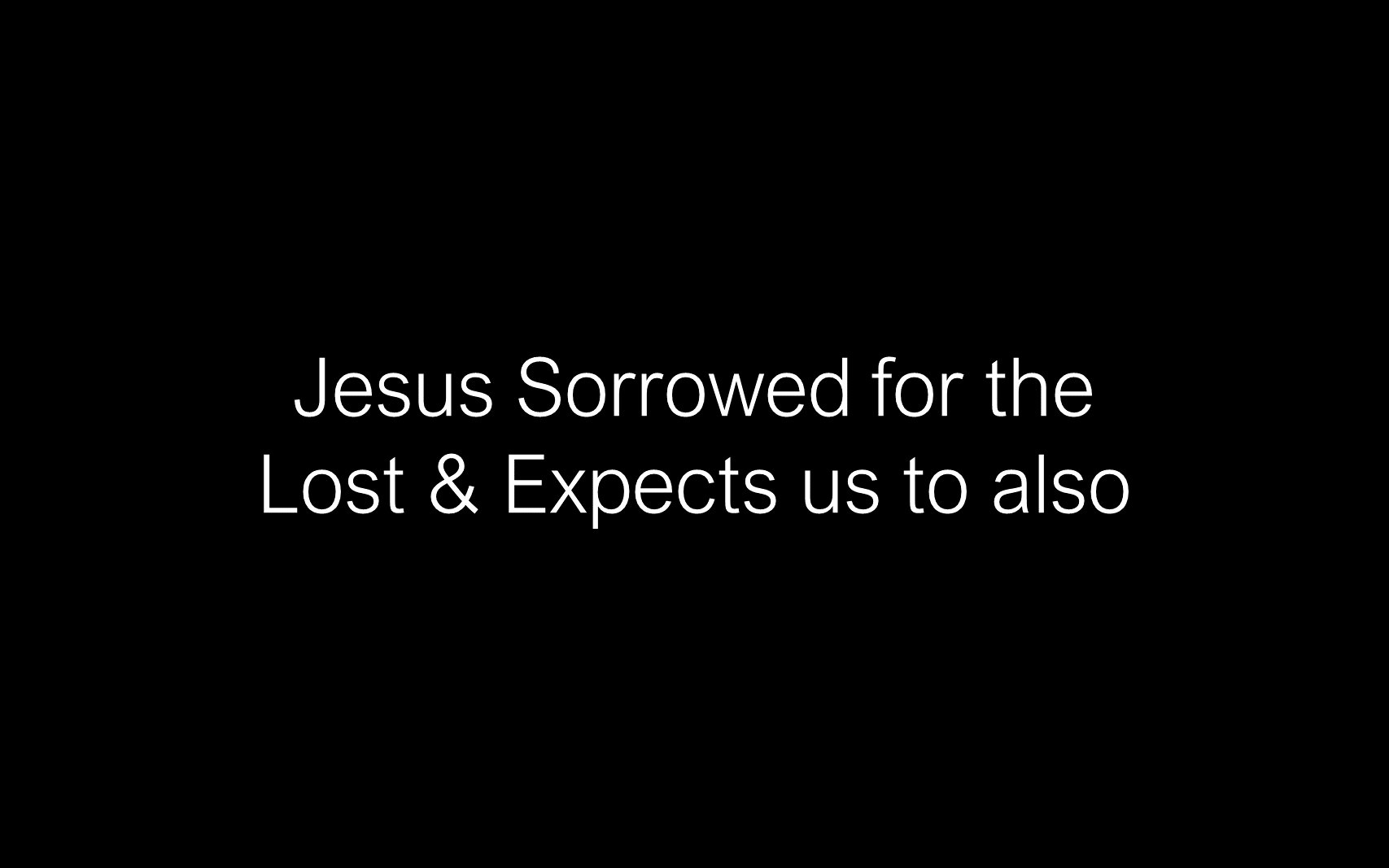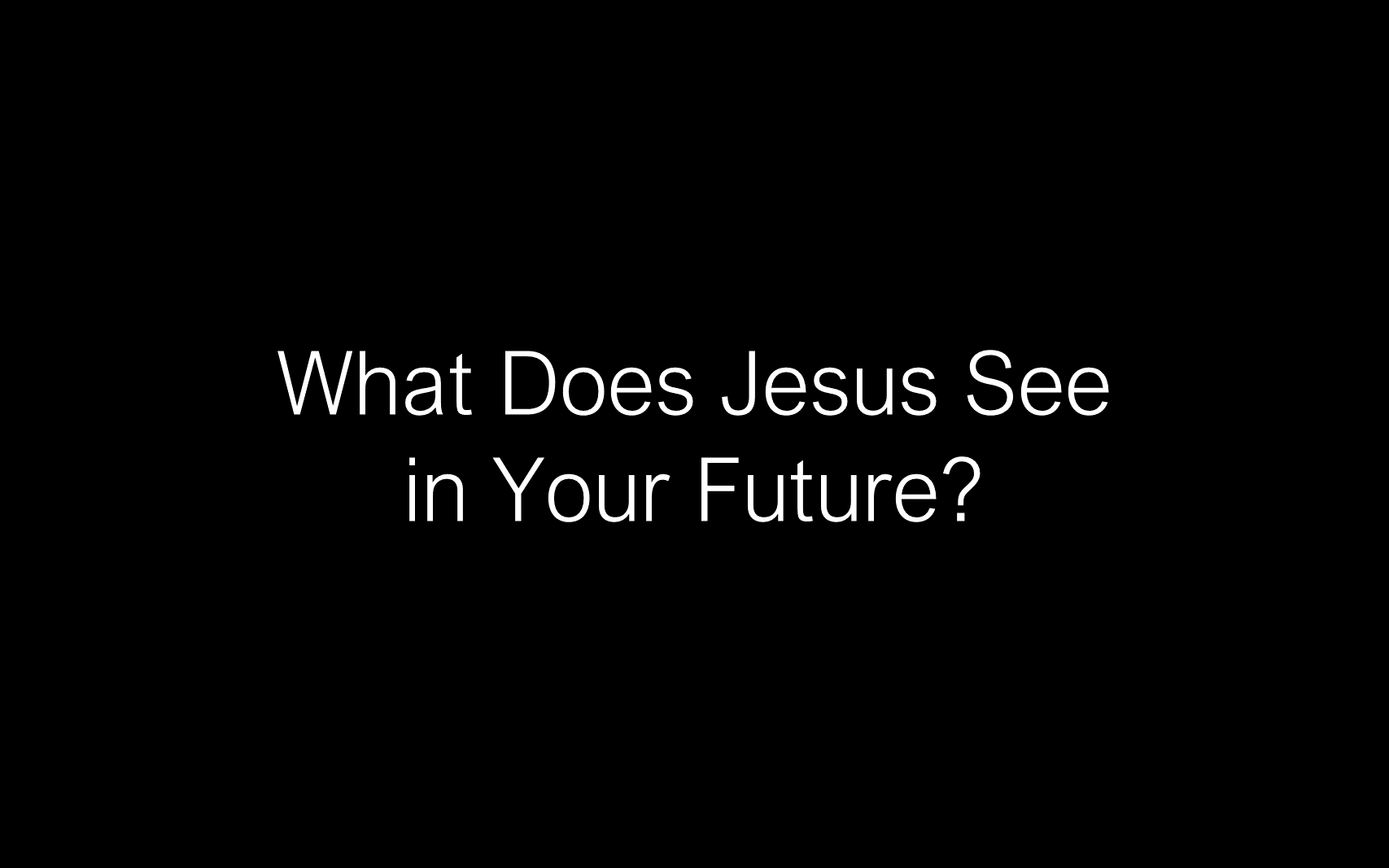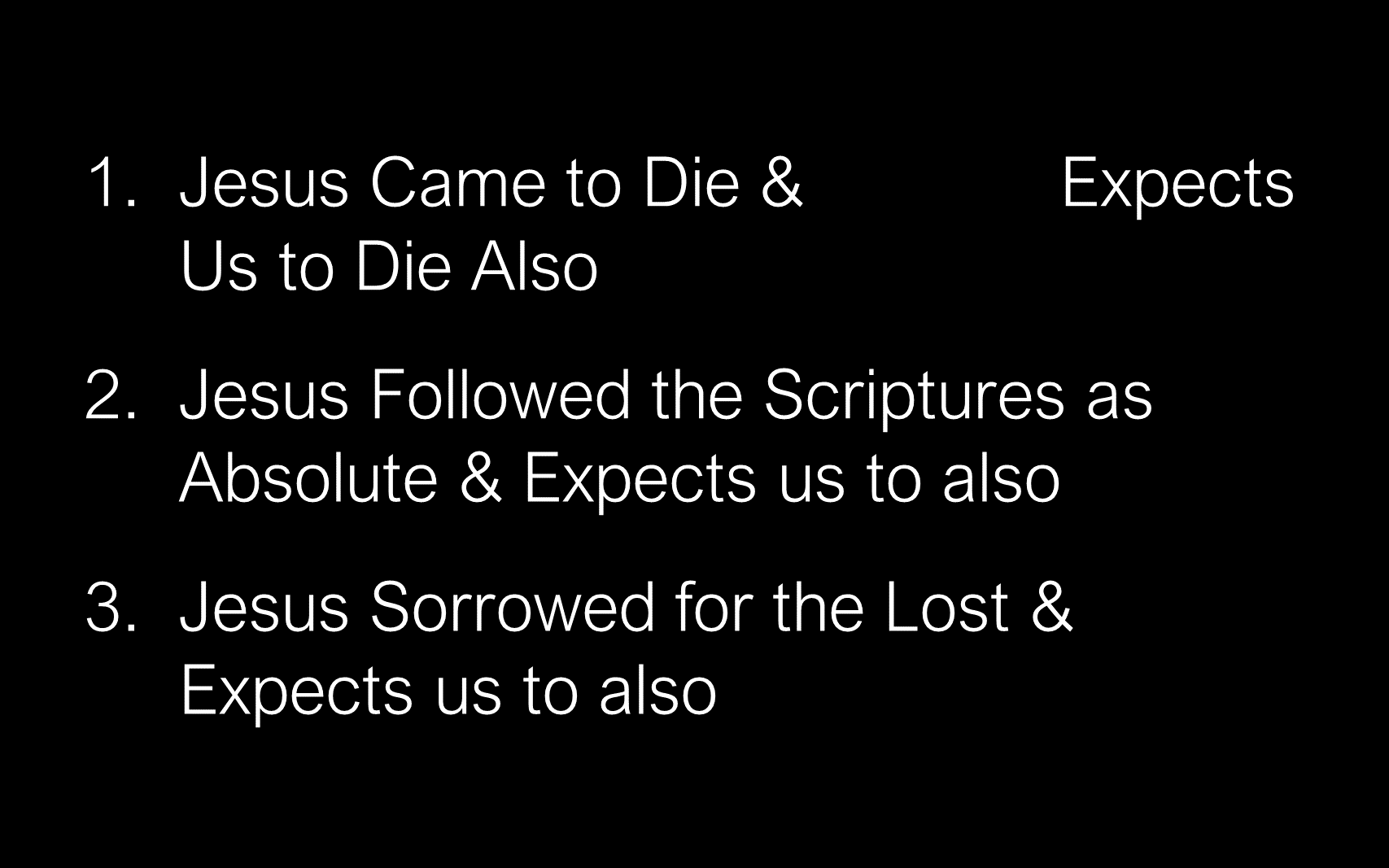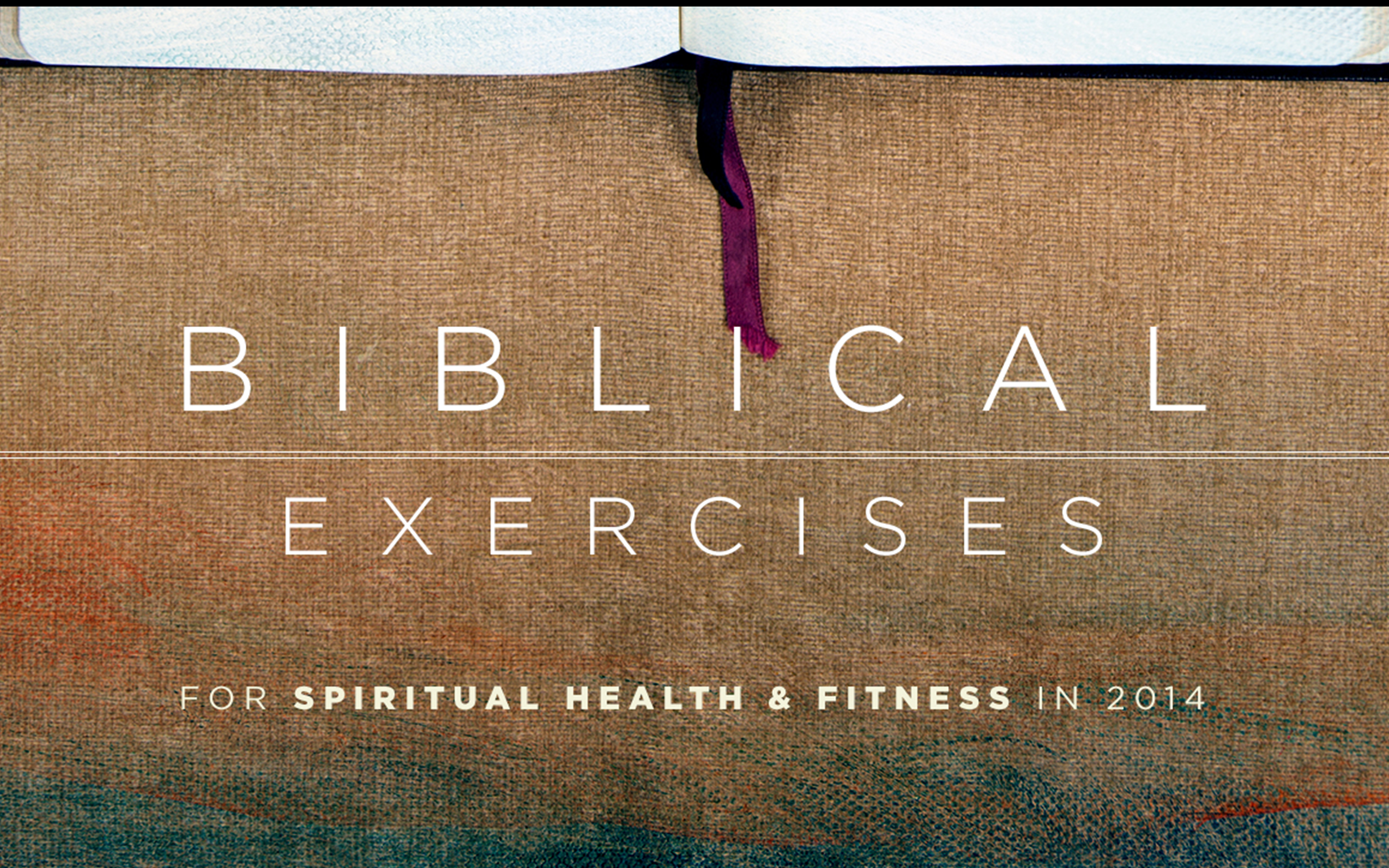If the YouTube video above is not available, here are two other ways to view:
140413AM
ESH-13
Palm Sunday Lessons Discipleship.docx
Biblical Exercises for Spiritual Health & Fitness in 2014 Series
Learning To Follow Our Master’s
Palm Sunday Lessons For His Disciples
John 12:12-26
Jesus constantly discipled His disciples; and Palm Sunday was no exception.
Welcome to our ongoing study of Biblical exercises for spiritual health & fitness in 2014. Paul told Timothy, and all the generations of believers to come, stay close to Christ: command and teach the church to be all Christ taught us to be. That is what we have before us in the New Testament. We are to command in the sense that “God says this”, and we are to follow up with teaching them “how to” observe what Christ wants from us who please Him by our lives.
Jesus Himself taught by words (those are the written commands); and by actions (those are Christ’s examples recorded by the Gospel writers). In fact, the Book of Acts opens with the very first verse saying that the Gospels were a record of all that Jesus began to “do and to teach”. His disciples saw and heard so much. Both Christ’s words and His actions have been written down; but not all of them, just those that God wanted us to hear and see.
Disciples: Taught to Observe What Christ Taught
From Christ’s actions and words from the week launched by Palm Sunday we can see some of the most vital elements of a true follower of Christ’s life. Join me at the kickoff event for the Death, Burial & Resurrection of Jesus Christ. This day starts a week of events that ends with Jesus crucified, buried, and Risen. What a powerful week, and what powerful elements about following Jesus, that He wants us to see, and hear, and do.
As we open to John 12 this morning, we have come to a time in Christ’s life we also remember and celebrate today. Palm Sunday may have been actually Monday, but we call it Palm Sunday as a part of the calendar of celebrations, just like Christmas is also not an exact date. But, Palm Sunday’s events are among those few events of Christ’s Life recorded in all For of the Gospels, it is also one of the key teaching times for Christ’s disciples then and now. Open with me to Matthew 21 as we begin trace this moment across the Four Gospel writer’s accounts of Christ.
Matthew 21:1-3 (NKJV) Now when they drew near Jerusalem, and came to Bethphage, at the Mount of Olives, then Jesus sent two disciples, 2 saying to them, “Go into the village opposite you, and immediately you will find a donkey tied, and a colt with her. Loose them and bring them to Me. 3 And if anyone says anything to you, you shall say, ‘The Lord has need of them,’ and immediately he will send them.” (Matthew devotes 22 verses , 21:1-22, to this event.)
Mark 11:1-3 (NKJV) Now when they drew near Jerusalem, to Bethphage and Bethany, at the Mount of Olives, He sent two of His disciples; 2 and He said to them, “Go into the village opposite you; and as soon as you have entered it you will find a colt tied, on which no one has sat. Loose it and bring it. 3 And if anyone says to you, ‘Why are you doing this?’ say, ‘The Lord has need of it,’ and immediately he will send it here.” (Mark devotes 26 verses, 11:1-26, to this event.)
Luke 19:28-31 (NKJV) When He had said this, He went on ahead, going up to Jerusalem. 29 And it came to pass, when He drew near to Bethphage and Bethany, at the mountain called Olivet, that He sent two of His disciples, 30 saying, “Go into the village opposite you, where as you enter you will find a colt tied, on which no one has ever sat. Loose it and bring it here. 31 And if anyone asks you, ‘Why are you loosing it?’ thus you shall say to him, ‘Because the Lord has need of it.’” (Luke devotes 21 verses, or 19:28-48 to this event.)
John 12:12-23 (NKJV) The next day a great multitude that had come to the feast, when they heard that Jesus was coming to Jerusalem, 13 took branches of palm trees and went out to meet Him, and cried out: “Hosanna! ‘Blessed is He who comes in the name of the Lord!’ The King of Israel!” (John devotes 15 verses, 12:12-26, to this event.)
Seeing the Discipleship Lessons in this Event
Often we look at the chanting multitudes, the Passover season events, and the amazing details of the donkey, the Temple cleansing, and the cursed fig–tree. But each of those elements is only the blackboard, the canvas, or the screen that portrays a deeper message.
Palm Sunday’s week, like every other event in Christ’s life on Earth, was used by God to teach us. Because all Scripture was given for that purpose: to show us what is right, what is wrong, how to get right and how to stay right as 2 Tim. 3:16-17 explains: so that we can be completely equipped for serving God.
Each of the Gospel accounts explain elements of not only “what” Jesus did, but even more vitally: “why” Jesus did what He did. That is what we will focus on today. Here are three of the elements of discipleship that we can each draw from Christ’s example, so vividly portrayed before us today.
- Jesus Came to Die & Expects Us to Die Also
- Jesus Followed the Scriptures as Absolute & Expects us to also
- Jesus Sorrowed for the Lost & Expects us to also
In the unforgettable setting of Palm Sunday, in the relentless countdown to the Cross, with hundreds of thousands thronging around Him, Jesus Christ continues to train His twelve in the Way they are to follow their Master; and as He does so He shows us: the elements of a disciple’s life that He modeled, and what He wants and expects us to also model as we follow Him!
First we see in John 12:20-26:
Jesus Came to Die & Expects Us to Die Also
The first truth that can forever impact our lives from the Palm Sunday event is that Christ came into Jerusalem to die. He said that in the days leading up to this event, that is one of the few that finds a place in all Four Gospels. But, especially listen to how He ends this event, from the Gospel by John’s account, as we stand and hear His voice:
John 12:23-26 (NKJV) But Jesus answered them, saying, “The hour has come that the Son of Man should be glorified. 24 Most assuredly, I say to you, unless a grain of wheat falls into the ground and dies, it remains alone; but if it dies, it produces much grain. 25 He who loves his life will lose it, and he who hates his life in this world will keep it for eternal life. 26 If anyone serves Me, let him follow Me; and where I am, there My servant will be also. If anyone serves Me, him My Father will honor.
Pray
The Paradox of Following Christ
Palm Sunday offers us lessons from the Master to His disciples. The first discipleship lesson for us today is: that the life that Christ called all His disciples to follow, throughout all the centuries is a paradox of living while dying.
Jesus repeatedly said that to follow Him one must take up their cross as they follow Him. But that abstract thought became distressingly vivid to the disciples as Jesus added for the third time that He was literally going to die soon. Listen to the final time Jesus explained the coming crucifixion[1], and the disciples were puzzled:
Mark 10:33-34 (NKJV) “Behold, we are going up to Jerusalem, and the Son of Man will be betrayed to the chief priests and to the scribes; and they will condemn Him to death and deliver Him to the Gentiles; 34 and they will mock Him, and scourge Him, and spit on Him, and kill Him. And the third day He will rise again.”
Now, it is just days from the Cross, and Jesus makes a vivid application. Jesus repeatedly said that following Him meant taking up a daily death to self (as a living sacrifice) and following Him.
This Christ-centered life of the cross is a collection of paradoxes: To really live we must die, to really rule we must serve, to really win we must lose, to really be rich we must give possessions away, and to really get ahead we must go to the back of the line.
Such spiritual paradoxes fill the Scriptures. As Paul said God’s power is perfected through our many weaknesses. (2 Cor. 12:9). And that is why Jesus ends His amazing Palm Sunday event with these astounding words:
“I tell you the truth, unless a kernel of wheat falls to the ground and dies, it remains only a single seed” (v. 24).
To Really Live Jesus Said We Must Die to Self
Without death we are unable to unleash all the vast working of God in our life. We are our biggest hindrance. Death to self is the key that unlocks the doorway to all that God has planned for us. The earlier we learn this, the more fruitful our lives can become.
How well each of us remember when the words of Romans 12:1-2 first penetrated our understanding. Paul said to offer our bodies as a “living sacrifice”. Alive; but always dying. Transformed; and no longer conformed to the world’s pattern. That is the pathway of blessing that God has laid out for us.
When we really understand these words we begin a daily renewal of this offering of ourselves to God. Paul states that dying is the daily pre-requisite for spiritual vitality. Each time we feel stagnant spiritually it is a warning of we need to release again the directing of our life back to God.
One of my spiritual heroes growing up was George Muller of Bristol (1805-1898), who was used greatly by the Lord to nurture and disciple thousands in England and around the world. During his greatest years of widespread ministry and fame, he was asked what his “secret” was. Listen to his response:
When someone asked him, “What has been the secret of your life?” Müller hung his head and said, “There was a day when I died.” Then he bent lower and said, “Died to George Müller, his opinions, preferences, tastes, and will; died to the world, its approval or censure; died to the approval or blame even of brethren or friends.”[2]
How clearly we see that Jesus modeled what He taught. He believed that the way to win was to die, and for us He left these words.
Jesus came to die and He expects the same from us.
We are to die daily as living sacrifices, resisting the patterns of the world and accepting the yoke of Christ.
Pause right now and ask yourself:
Am I starting each day by bowing before my Lord and My God, surrendering to Him, and taking up His cross to denying myself the control of my plans, my goals, and my desires?
Applying Christ’s Command
Here is Paul’s version of Christ’s call, merged together two of his strongest appeals[3]. Please read these words that frame Christ’s call to take up our cross each day and following Him as His disciples:
I beseech you therefore, brethren, by the mercies of God, that you present your bodies a living sacrifice, holy, acceptable to God, which is your reasonable service. Do you not know that your body is the temple of the Holy Spirit who is in you, whom you have from God, and you are not your own? And do not be conformed to this world, but be transformed by the renewing of your mind, that you may prove what is that good and acceptable and perfect will of God. For you were bought at a price; therefore glorify God in your body and in your spirit, which are God’s.
Now, before we lose that thought, let me ask you to do something on this Palm Sunday. Please bow your head, and close your eyes: and think about who uttered those words we just read.
God did, and they are the inspired commands of your Lord & Master.
I’d like to ask each of you to think about if at some time in your life you have made that personal surrender and dedication to Christ, and have presented yourself to Him?
If so I would invite you to make a renewal of that surrender today, by quietly standing where you are.
If you are offering yourself for the first time, you may also stand and surrender to Him.
As you stand, in your heart tell the Lord that you are renewing your surrender and dedication.
Then quietly be seated. Pause.
Why Not Surrender & Give Yourself to God Each Day
What you just did would be the best way to start each day, renewing that surrender and then asking God to show you through His Word, by His Spirit, what He wants you to do that day.
That is the way a disciple of Christ lives each day “following Jesus”. It is that simple: Surrender. Renew. Follow.
Lesson one: Jesus Came to Die & Expects Us to Die Also
As we continue, the second reason why Jesus came to Jerusalem on Palm Sunday was not only to die, but also to fulfill Scripture. Open with me back to Matthew 21. Look again at those opening words that frame each of the Synoptic accounts. They all point with Matthew to an entry on a borrowed, but carefully chosen donkey. Why? And here comes the very vital lesson for each follower of Christ today. Because:
Jesus Followed the Scriptures as Absolute & Expects us to also
One of the hardest things for us to understand is that the Almighty God the Son considered Himself bound by Scriptures.
The Omnipotent God the Son was bound by God’s will. To do God’s will He wanted to follow, obey, and keep God’s Word.
Jesus considered the Scriptures to be: the infallible expression of the will of God the Father. All through Christ’s ministry He said that things He did fulfilled what was written. The same was true now on Palm Sunday.
Five centuries before Jesus entered Jerusalem, a prophet declared God’s infallible will. When Zechariah 9:9 described Christ’s entrance into Jerusalem, that became God’s will for Jesus; and He followed each detail precisely: timing, mode of entry, and even the first public spectacle.
Jesus, who withdrew from the crowds, here promotes them.
Jesus was acting on purpose to fulfill God’s plan.
A carefully chosen donkey was to declare to the world that the promised One was coming just as God’s Word had said He would:
Zechariah 9:9 (NKJV) “Rejoice greatly, O daughter of Zion! Shout, O daughter of Jerusalem! Behold, your King is coming to you; He is just and having salvation, Lowly and riding on a donkey, A colt, the foal of a donkey.
Note Zechariah’s inspired description of this King who would ride into Jerusalem, headed to the Cross: He would be “lowly”.
Jesus came humbly, and peacefully. He would conquer not with a sword but with love. He came to bring peace that would never end. Prior to this ride He had said that all who come to Him would receive endless peace for their souls.
Matthew 11:28-30 (NKJV) Come to Me, all you who labor and are heavy laden, and I will give you rest. 29 Take My yoke upon you and learn from Me, for I am gentle and lowly in heart, and you will find rest for your souls. 30 For My yoke is easy and My burden is light.”
What brought such peace, and what were His disciples to do? Take His “yoke”. What was that? It is what Jesus modeled. Jesus submitted His life to the infallible expression of God’s will found in the Scriptures.
Jesus came that day unlike any other King. He slowly came, humbly to die, yet through death to triumph.
Jesus was actually in control of every detail because He was in harmony with His Father’s infallible expression of His will.
The Scriptures were the “yoke” of Christ’s life.
Followers of Jesus Follow the Scriptures
He said, I always do the will of My Father, and so should we. Turn back there to John 4:34 with me, listen to what our Master said about His plan for walking through life:
John 4:34 (NKJV) Jesus said to them, “My food is to do the will of Him who sent Me, and to finish His work.
So Jesus came in submission to God’s will as the most unique King ever to cross the pages of history. Listen to this amazing reminder from Charles Ross Weed, who captured this idea beautifully in his poem “Christ and Alexander.”
Jesus and Alexander died at thirty-three,
One died in Babylon and one on Calvary.
One gained all for self, and one himself he gave.
One conquered every throne, the other every grave.
When died the Greek, forever fell his throne of swords,
But Jesus died to live forever Lord of lords.
Jesus and Alexander died at thirty-three.
The Greek made all men slaves, the Jew made all men free.
One built a throne on blood, the other built on love.
The One was born of earth, the other from above.
One won all this earth to lose all earth and Heaven.
The other gave up all that all to him be given.
The Greek forever died, the Jew forever lives.
He loses all who gets, and wins all things who gives.
Jerusalem rejected their King that day.
Have you opened your heart and life to Christ the King?
Have you invited Him to live out through you His love, joy, peace, gentleness, and humility?
If not, He is still waiting for that response today.
Lesson one: Jesus Came to Die & Expects Us to Die Also
Lesson two: Jesus Followed the Scriptures as Absolute & Expects Us to Also
Next we turn onward to Luke’s account in Luke 19:41, where we can find the next element from Palm Sunday week that Jesus taught His disciples, which was:
Jesus Sorrowed for the Lost & Expects us to also
In Luke 19 we find perhaps the most shocking element of Palm Sunday, an element that usually gets lost in the noises of the crowd and the emphasis upon Palm branches and Hosannas. Here it is in v. 41: Jesus wailed aloud for sorrow. This is not the Greek word for seeing tears rolling down ones cheeks, as Jesus did when He wept for Lazarus in Jn. 11:35. This is not a weeping that was seen; it is a wailing that was heard. It was loud, it was jolting, and right there in the midst of the jubilation of palm branches, Hosannas, and coats carpeting Christ’s pathway: the donkey abruptly stops.
Jesus caught sight of Jerusalem and halted; and to the amazement of the crowds they begin to hear Him wailing. Soon they all pause, listening to that sound, and then the wailing stops and a lamentation starts. That dirge of sorrow over the people of Jerusalem is written down by Luke, and fills the next three verses (v. 42-44). The King of the Universe wails over the people He sees being judged for their hardened and impenitent hearts.
Jesus Christ, the Son of God could see the future vividly clear. The city of Jerusalem destroyed. The tumbled stones, drenched with the blood of His chosen people of promise who had rejected their King. Listen to His sorrow:
Luke 19:41-44 (NKJV) Now as He drew near, He saw the city and wept over it, 42 saying, “If you had known, even you, especially in this your day, the things that make for your peace! But now they are hidden from your eyes. 43 For days will come upon you when your enemies will build an embankment around you, surround you and close you in on every side, 44 and level you, and your children within you, to the ground; and they will not leave in you one stone upon another, because you did not know the time of your visitation.”
Everything Jesus saw and wailed over, happened just 40 years later in AD 70. The Roman General Titus oversaw such a horrific slaughter that as he rode around looking at the perhaps as many as 1,000,000 dead bodies, he uttered these words preserved in the historian Flavius Josephus’ account[4]:
“When Titus, going his rounds, beheld these valleys choked with dead, … he groaned and raising his hands to heaven, called God to witness that this was not his doing. Such was the situation of the city.”
Jesus could see that future scene as God the Son, and wailed in sorrow for the doom coming upon His people. Christ’s wailing were such an insight into His 100% humanity as a “man of sorrow and acquainted with grief” as Isaiah 53 reminds us.
But because Jesus was not only 100% human, but also 100% God we can assuredly say that Christ’s wailing also show us the very heart of God the Father, God the Son, and God the Holy Spirit as they grieve and sorrow over mankind’s sinful hearts that miss their “day” and the “peace” that repentant faith would have brought to their lives.
What Does Jesus See in Your Future?
Pause and ask yourself this day, as Jesus stops and looks, what does He see in your future? A place prepared for you in His Father’s House or judgment, ruins, and desolation? Christ’s tears reflect the infinite value of your eternal destiny. Jesus wailed over Jerusalem as He wails over every unrepentant heart today.
Lesson one: Jesus Came to Die & Expects Us to Die Also;
Lesson two: Jesus Followed the Scriptures as Absolute & Expects Us to Also;
Lesson three: Jesus Sorrowed for the Lost & Expects us to also.
Matthew 11:28-30 (NKJV) Come to Me, all you who labor and are heavy laden, and I will give you rest. 29 Take My yoke upon you and learn from Me, for I am gentle and lowly in heart, and you will find rest for your souls. 30 For My yoke is easy and My burden is light.”
If you have never come to Christ, today, as we remember Him coming to Jerusalem:
He waits for you with open arms.
[1] Three times Jesus predicted His cross: first in Mark 8:21-33/Mat. 16:21-28/ Lk. 9:22-27; second in Mk. 9:30-32 / Mat. 17:22-23 / Lk. 9:43-45; and thirdly in Mk. 10:32-34 / Mt. 20:17-19 / Lk. 18:31-34. In John 12:7 Jesus continues saying the anointing He received was for His “burial”.
[2] Hughes, R. K. (1999). John: that you may believe (pp. 301–302). Wheaton, IL: Crossway Books.
[3] 1 Cor. 6:19-20 + Romans 12:1-2
[4] Josephus, Jewish War, V. 12, 4.

